Don’t kick recycling to the curb
These green bins sit outside the homes of many Kirkwood residents.
Once a week, a student rolls his green recycling bin to the curb, not giving it a second thought as he walks back inside. 85 percent (212/250) of KHS students said they use Kirkwood’s curbside recycling program, and thanks to the reversal of the decision to remove it, they won’t have to get used to a new weekly routine for another six to 12 months.
Since this summer, Kirkwood has been actively searching for a location that will process their mixed recyclables after Resource Management, the former recycling processor in Kirkwood, declared that they’ll stop accepting single-stream recyclables in early November. According to Environmental Sustainability teacher and faculty sponsor of the Environmental Society of Kirkwood, Mandy Melton, the original decision to stop the curbside program was due to China finding high contamination levels in recyclables.
“Part of the problem [that] China is facing is so much [of the recyclables they’re receiving] is contaminated,” Melton said. “It’s not worth the cost to them to try and actually [sort, clean, and recycle] because they can’t use it once it’s contaminated. So their prices are going up so significantly because we’re not recycling the right way.”
Even though Kirkwood hasn’t yet found a new place to process their mixed recyclables, the city reversed their decision due to resident complaints. Residents had (and still have) the option to drop off their separated recyclables at Francis Scheidegger Recycling Depository in downtown Kirkwood, where residents recycled in the years before Kirkwood introduced curbside service in 2011. According to the St. Louis Post-Dispatch, city officials bought more time to find a solution to by taking funds out of the sanitation department reserve, so residents will be able to use the curbside service for several more months. As president of the Environmental Society of Kirkwood, Madelyn Pozaric, sophomore, understands how much of an impact this will have on the Kirkwood community, and other cities around the U.S.
“[The curbside recycling issue] is a nationwide problem.” Pozaric said. “America especially [is very much about convenience] because our lives are so busy.”
Many Kirkwood residents wouldn’t have gone to the processing center each week due to the inconvenience of manually separating and dropping off recyclables themselves. Aubrey Wootten, sophomore, would have dropped off her recyclables less frequently for another reason: to help the environment.
“[Kirkwood is] expecting people to take time out of their day by driving there and back,” Wootten said. “You’re putting more [carbon] in the air because people are driving more instead of just using one vehicle.”
KHS students’ busy schedules may account for why 52 percent (131/250) of students would recycle less often if they had to separate their recyclables and drive them to the center. 17 percent (42/250) would stop recycling completely. Although, Jason Hoffarth, junior, didn’t think Kirkwood should stop curbside recycling, he would have continued to recycle the same amount.
“I know some people [recycle] just because it’s easier and if they have to do the sorting and all that they might just throw it away,” Hoffarth said. “I personally would do the sorting and take it to the [processor]. It’s the right thing to do.”
Your donation will support the student journalists of Kirkwood High School. Your contribution will allow us to purchase equipment and cover our annual website hosting costs.

Interests: Photography/editing photos, graphic design, reading, and spending time outdoors.
Favorite musical artist: Shawn Mendes.
Favorite quote:...

Interests: Golf, art, photography, and ultimate frisbee
Favorite quote: "Success depends less on strength of body than upon strength of mind character"...


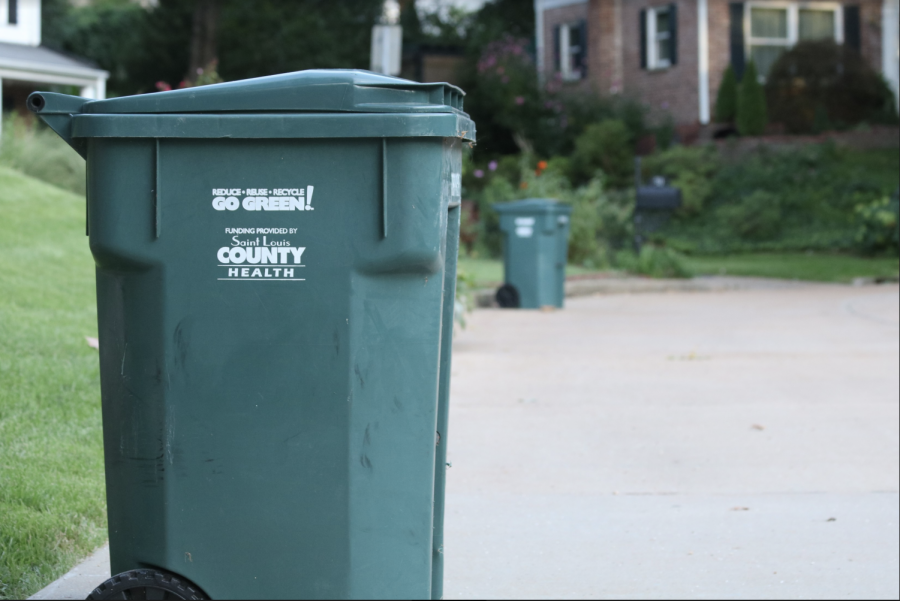

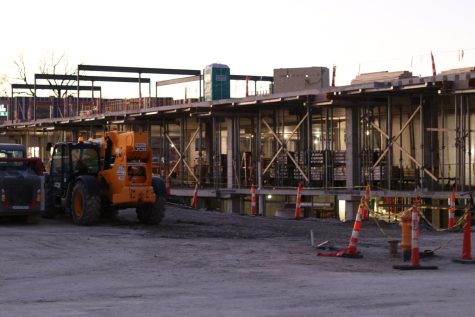
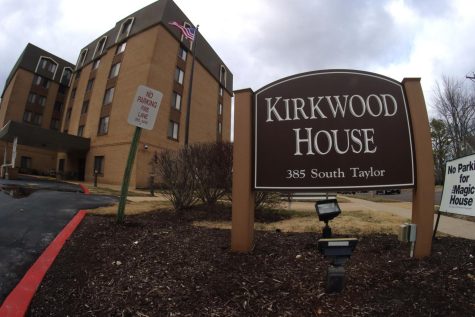
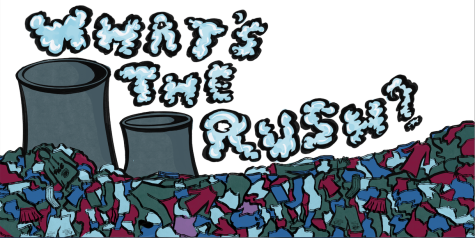
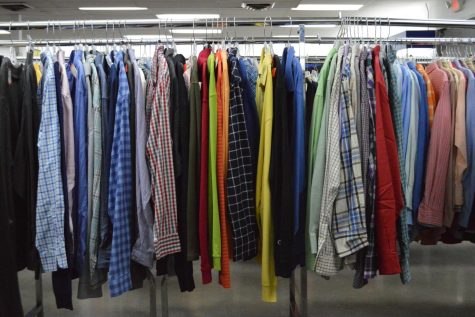

Ben • Sep 11, 2018 at 9:23 pm
I think we need to be taught what’s acceptable to sort into a single stream. I have been hounding my eight year old that banana peels are compost not recycling. Admittedly, I had been stuffing plastic grocery bags and styrofoam in there until my neighbor straightened me out.
We are conditioned to recycle a little public awareness may go a long way to help all parties.
Terri Cavanaugh • Sep 10, 2018 at 7:39 pm
Thanks for the article. A follow up article might include he correct way to recycle our items, what we can and cannot recycle as well as how to clean/rinse items. 😊